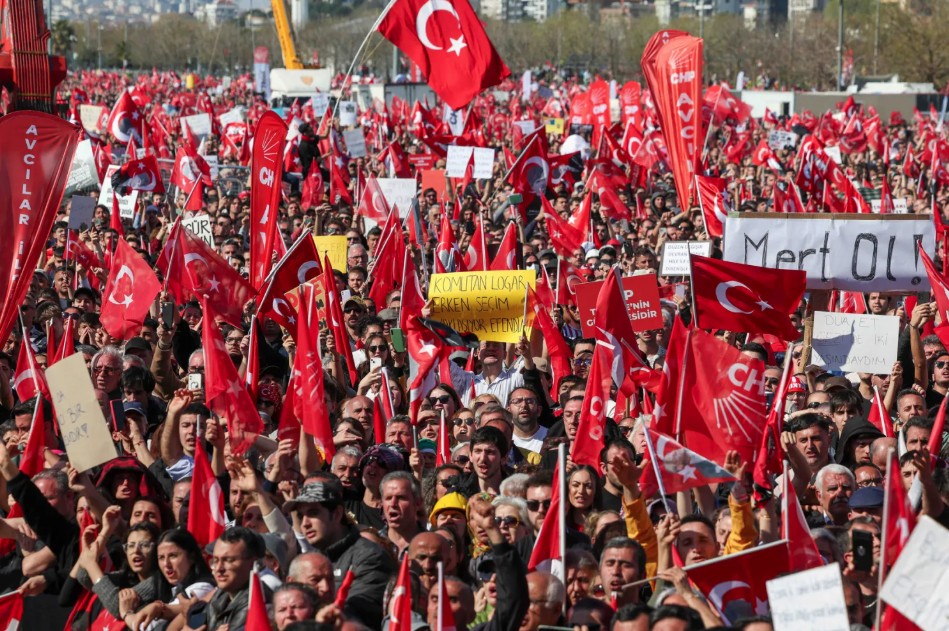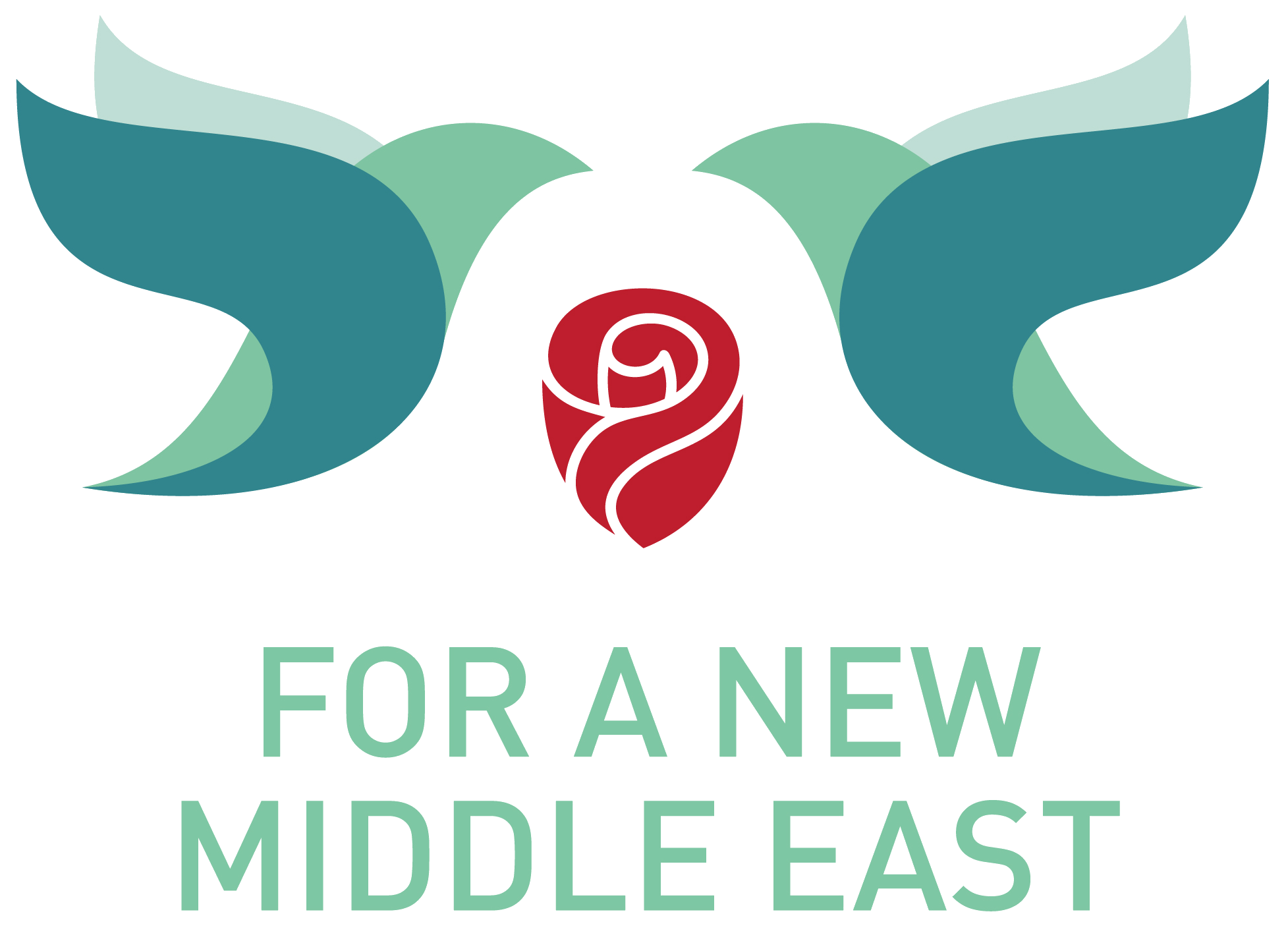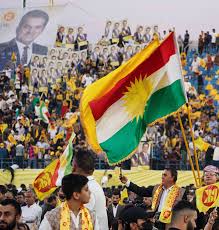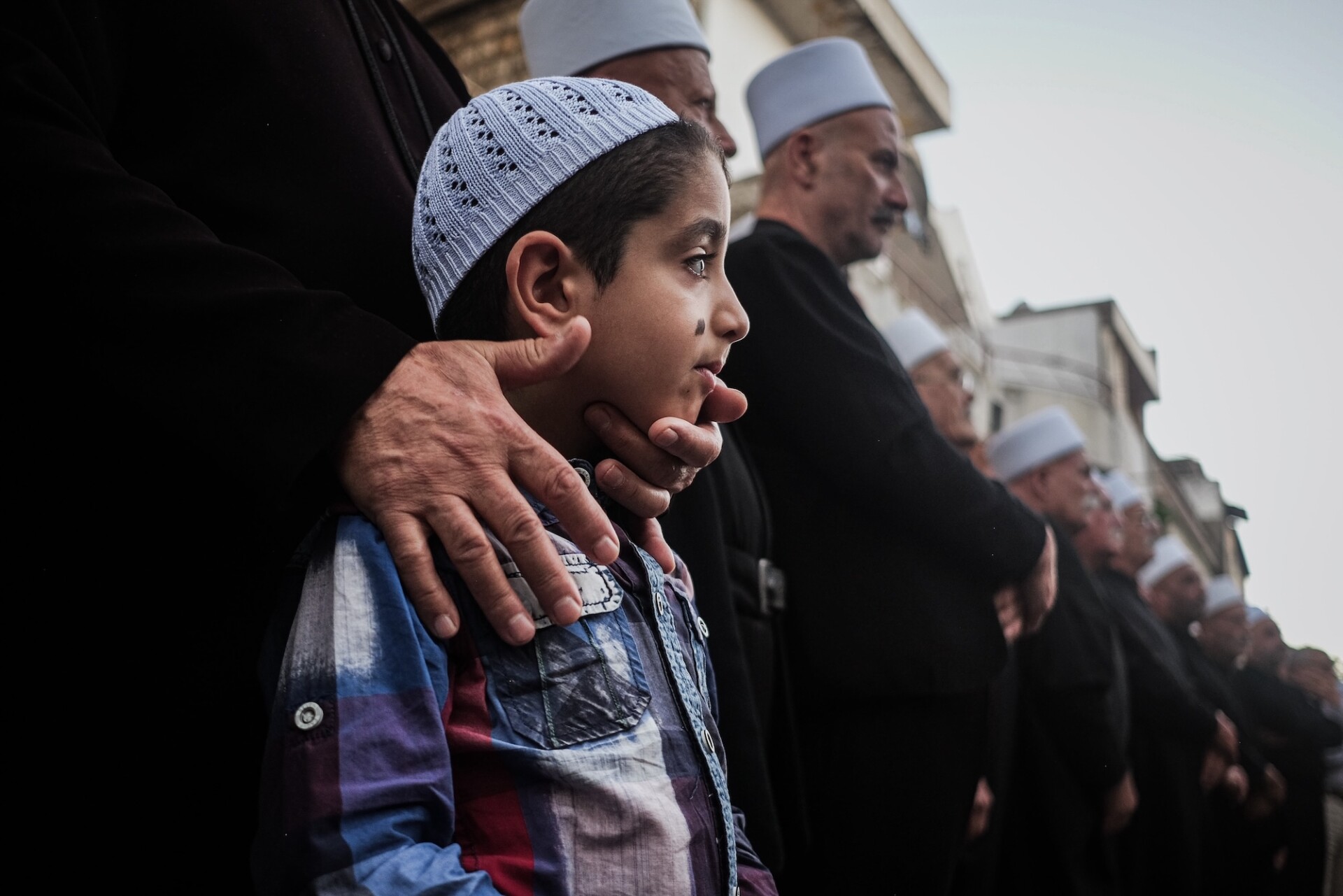
Turkey
Erdogan Arrests His Top Domestic Rival
Asli Aydintasbas, The Brookings Institution, 3 April 2025


Asli Aydintasbas, The Brookings Institution, 3 April 2025

Yerevan Saeed, New Lines Institute, February 2025

Jonathan Spyer, A Journey Through Memory and Ruins

Promoting nonviolence and the two-nation solution as the only credible, humane path forward for peace between the Palestinian and Israeli people, atlanticcouncil.org

Madeline Edwards & Joao Sousa, New Lines Magazine, 9 April 2025